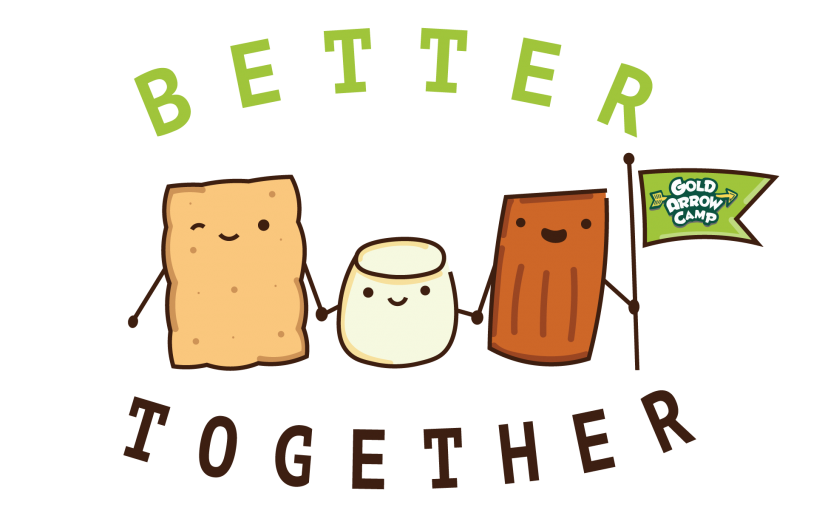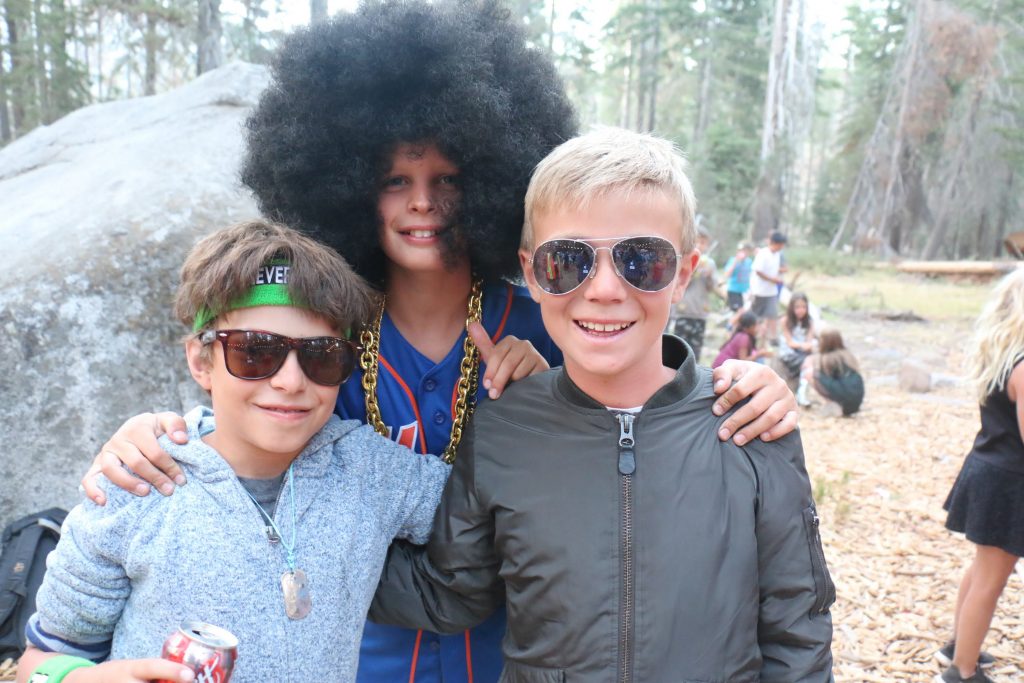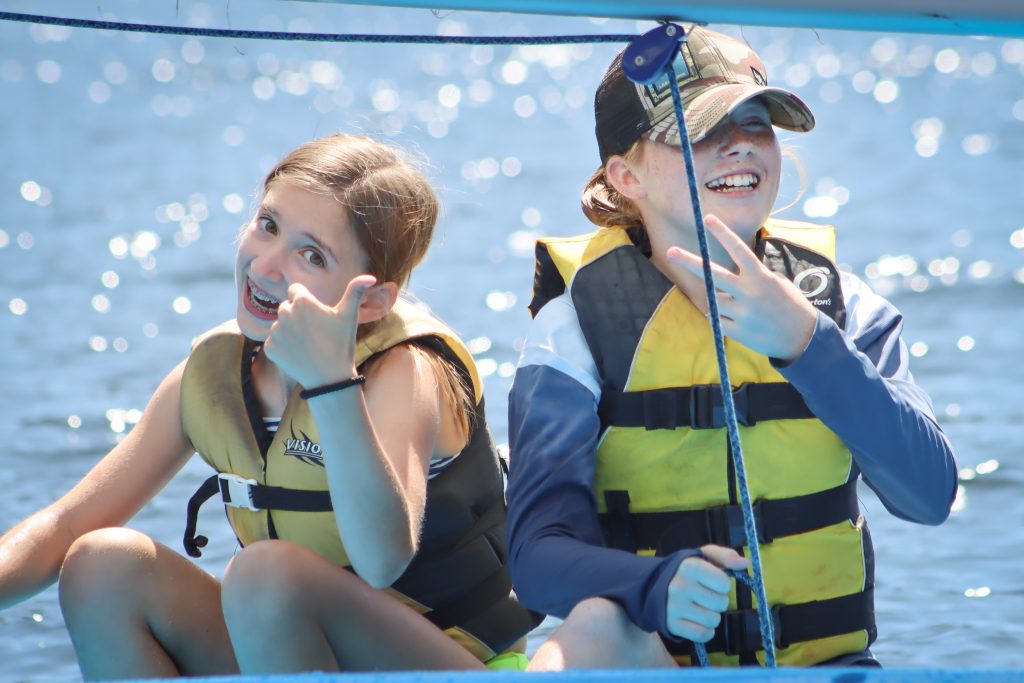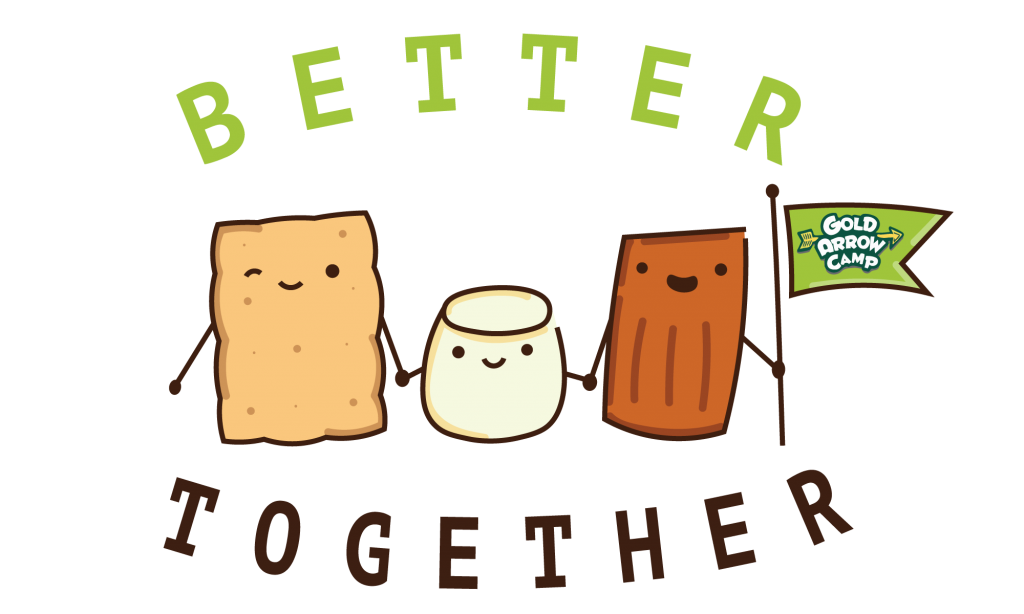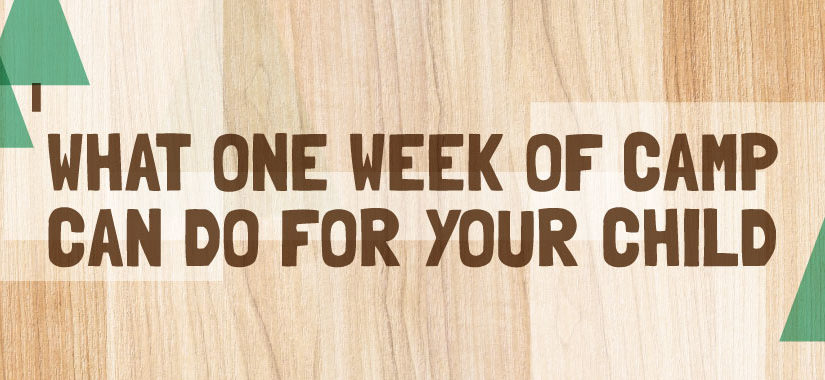
What One Week Of Camp Can Do For Your Child
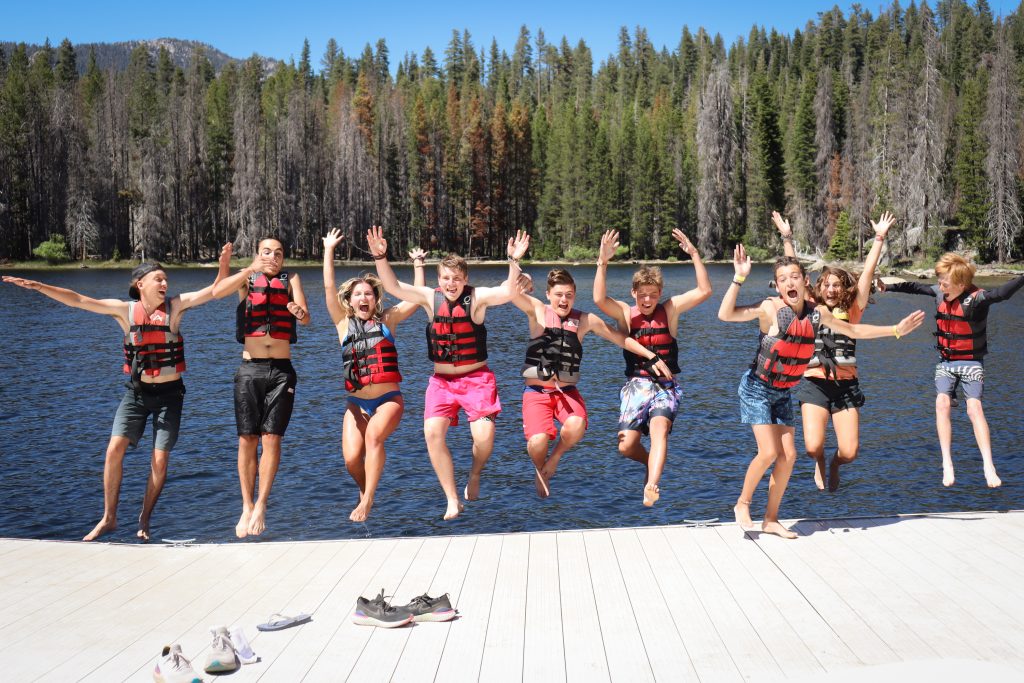
“My shy, quiet nine-year-old went to camp not knowing a soul. She came home transformed. She blossomed. She made friends, learned a multitude of activities, felt safe, loved, confident, and happy — really, really happy. As hard as it was on me, it was all worth it for her. It was the single best thing I have ever done for her.” – First-time camp parent
In today’s screen-addicted, fast-moving, ultra-competitive world, raising kids who grow into flourishing, kind, independent adults has become more challenging for parents. But research by the American Camp Association shows that even just one week at a quality summer camp program can benefit your child’s development of important life skills. In partnership with parents who are focused on their child’s healthy development, Gold Arrow Camp offers a positive, growth-focused outdoor experience that can help your child develop important life skills including independence, an appreciation for the outdoors, the ability to have fun while being unplugged from technology, and the social skills needed to make and keep friends.
The idea of having your child away from you for a week may seem scary at first, but the benefits of sending your child to one week of summer camp will last a lifetime. At camp this summer, your child will…
DEVELOP INDEPENDENCE
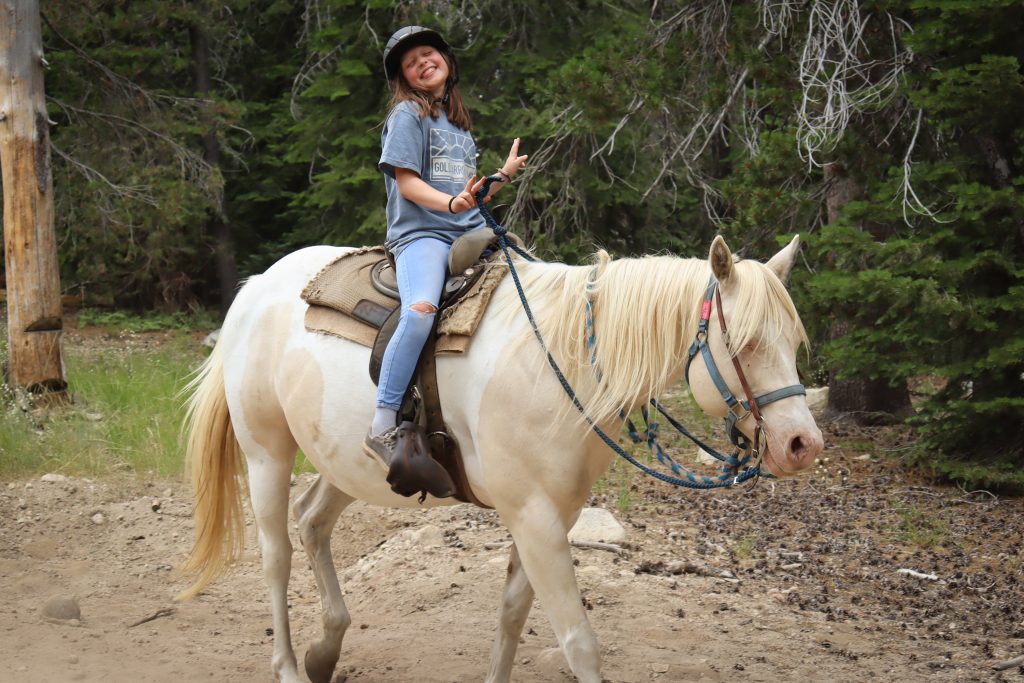
“Going to camp has made me even more independent and a much better people-person. I am able to go confidently up to someone and introduce myself, or hang out with someone new because of my time at camp.” – Five-year camper
Whether due to parenting trends or the constant electronic connection we have with our kids, children are much less independent than we were at their same age. Twenty years ago, we were babysitting infants at 13. Now, some of us hire babysitters for our 13-year-olds! By sending your child to camp, you give your child the opportunity to live and thrive without being with you and under your constant scrutiny. The growth in confidence and independence happen at camp BECAUSE you are not there. You can read more about why camp experiences help kids develop independence in Parking Your Helicopter.
EXPERIENCE OUTDOOR CHILDHOOD FUN & ADVENTURE
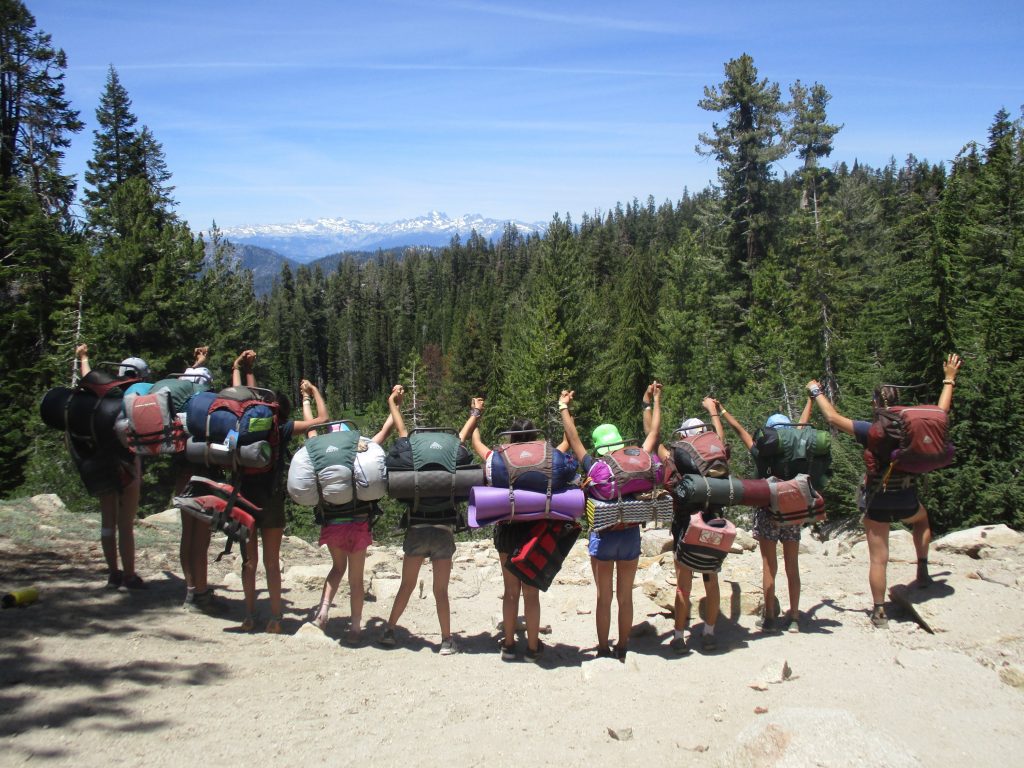
Most of the time our kids spend outdoors is during highly-structured organized sports, orchestrated by adults. Little time is spent just exploring, building forts, and appreciating the awesome view that hiking up a mountain trail allows. By sending your child to camp, you give your child the gift of magical childhood memories – dirt, adventure, story, and joke-filled days and nights spent with friends outdoors, under the stars, and around the campfire. These childhood memories will last forever. And, as Michael Thompson, Ph.D. So eloquently states, “Our best childhood memories do not include adults.”
GET UNPLUGGED
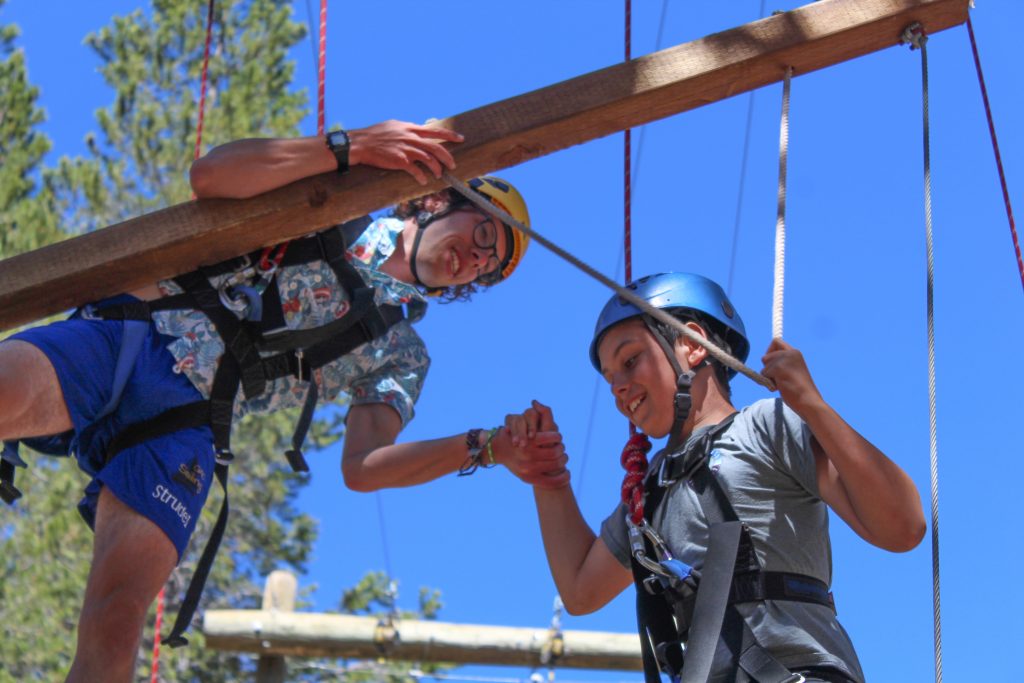
“Camp has helped me appreciate nature and the outdoors a lot more than I think I would have if I didn’t go. I can go without my phone or connection to social media awhile because camp has shown me that amazing stuff happens when you put your phone down and have a nice conversation with someone.” – Five-year camper
Whether checking to see how many people liked their Instagram posts, texting messages to friends, playing video games, or watching TV, our kids are spending a lot of their hours in front of screens. We parents are, too. By sending your child to camp, you are giving your child the chance to completely unplug and learn to better connect face-to-face with other kids and positive young adult role models. Getting unplugged is one of our favorite topics, so read more at Five Reasons to Unplug and Get Unplugged to learn about the many benefits of taking a break from technology.
BECOME BETTER AT MAKING AND KEEPING FRIENDS
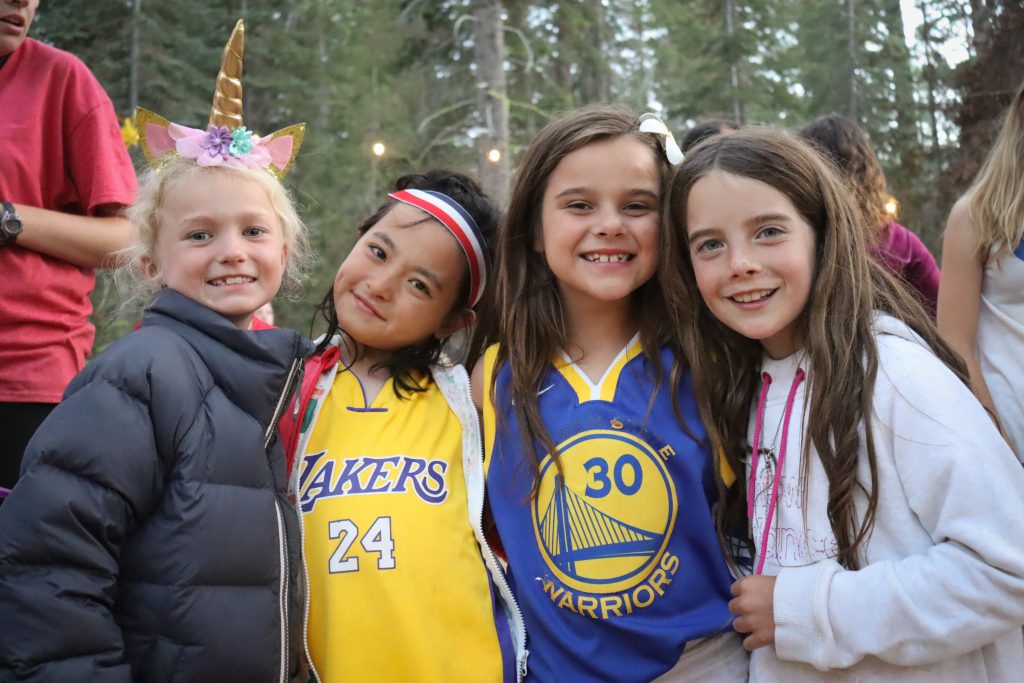
“I feel like I have become a kinder person and am better at making friends because of camp.” – Three-year camper
The bonding and friendships that happen at camp are different from those that occur at school and on sports teams. The intensity of living together and experiencing life together, without distractions, creates the ideal setting to form life-long friendships and really get to know people well. Read more about camp friendships in Friendship: The Gold of Childhood. You can also read the research that shows how camp helps develop important social skills.
Read more about the benefits of camp, hear what experienced campers have to say about their camp experiences, or watch a video about camp to learn more!



